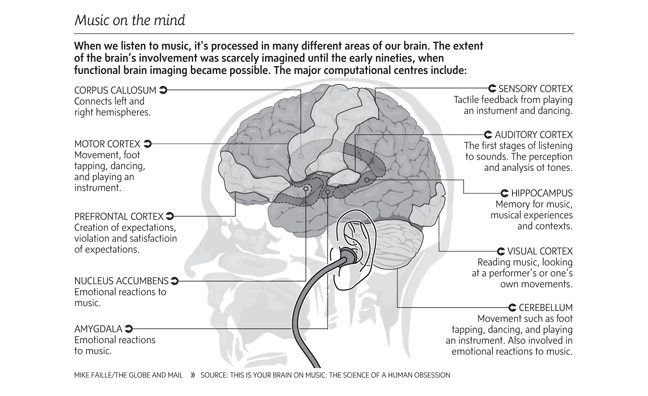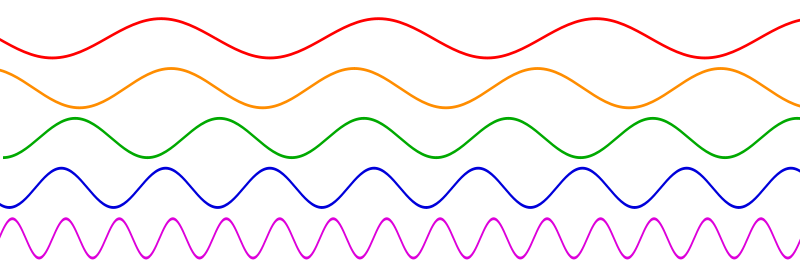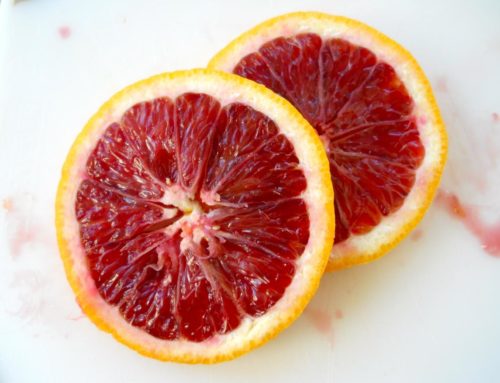Pretty advanced stuff we’ll talk about today. Or so it seems, since in other words it can be simply put as “it’s better if music hits you – hard – while eating”.
Slow motion – often written as slomo, or as “Bullet Time” in the after-Matrix era. Your fingers, holding your favorite dessert, approach your opening mouth. Cut to the dessert. Cut to the mouth. The dessert. The mouth. You feel the time almost pausing, while the smell of fresh chocolate attacks your nostrils. You feel your tongue, wet in anticipation. You feel. Everything.
Your skin pulses to the beat. Time has almost completely stopped. Your senses feel enhanced, boosted, cataloguing every particle in the air. You understand how Bradley Cooper’s character felt in Limitless. How Scarlett Johansson’s mind worked in Lucy. It’s like a moment of theosis, intimate, divine and making a brown mess around your lips.
It’s what Lhyme is all about. Food and music. Combined they become one. Art enhancing senses. Waves changing matter. Sounds strange, almost science-fiction-y, but nope, we ain’t kidding – it’s real.
Music enhancing the brain? Say what?

Bradley Cooper took an experimental drug in Limitless that made his brain work overtime. One tiny pill and he became almost superhuman, able to see patterns others were unaware of. In a similar (but admitedly worse) cinematic experience, Scarlett Johansson became somewhat of a God when, in her case as well, she OD’d on an experimental drug that broke loose inside her. Seeing patterns in the world around her. Understanding… stuff.
Music, strange as it sounds, can do the same to your mind. Not at this scale – don’t expect to start controlling time and move things by staring at them angrily – but it can, indeed, change the way your mind works. Remember the classic mother in movies, asking her son to stop banging on his drums/guitar/banjo and come to the table with the rest of the family? Worrying he spent too much time with his music instead of studying? Oh, how wrong she was!
You see, according to a study from Northwestern University, if a kid attends a music class, their perception of the world changes. They start hearing sounds others can’t, just like Bradley and Scarlett saw patterns where others couldn’t. Their mind is actually, structurally changed from the music. But there’s a catch: the kid has to participate, not just sit passively, hearing the music – it has to engage, to embrace it.
Brain attack
- You’re in an empty room.
- You’re in an empty room, but music is playing.
Which of the two would you prefer? Okay, maybe in the case of Norwegian Black Metal we should make an exception, but the general consensus would be that the second option is better.
That’s because music offers, among other things, a sense of fulfilment. It affects our brain in profound ways, we never thought about in the past. The advances in brain imaging allowed scientists to take a peek in the human brain while under the influence of music. And, low and behold, when we listen to music, almost every part of our brain tunes to it.
Sweet music – bitter bass
Portishead leaks from your headphones. Your cream cookies don’t taste like they used to. You remember your crushed relationship. You start crying.
“Music does that to you”, right? No, we’re not talking about how it makes you remember experiences, make you feel this or that way.
We’re talking about the cookies. That taste differently. Yeah, it could be the music.
The Crossmodal Research Laboratory at Oxford University decided to feed a bunch of volunteers some cinder toffee while playing them high and low frequency sounds. Those who experienced the high frequency sounds thought the toffee was sweeter than those who heard low frequency sounds – that found it bitter.
Wanting to prove it wasn’t just due to “lab conditions”, a fluke, Charles Spence, who runs the lab, collaborated with food artist Caroline Hobkinson to test his results.
High and low frequency sounds played on demand, on a switch from 1 to 2 and back, at the House of Wolf London restaurant. And yep, the customers felt the same way while trying a plate of chocolate-coated bittersweet toffee. Low frequency? Bitter. High? Sweet.
Music energy
Sound waves don’t only affect your brain, your senses, your mood, but even the physical world wherever they travel. In the case of a Sonic Boom, an aircraft flying faster than the speed of sound “creates an audible bang”. But it also works the other way around.
What you see in the image directly above (except if you’re using a hardcore browser that doesn’t show images, you Linux hax0r you!) is a graphical representation of sound waves.
Sound travels this way, from the speakers to your ears, from the vocal cords of a performer to a mic. Like an invisible energy, washing over matter, pushing, pulling, changing, generally affecting it. Sound waves and, by extension, music, can change your mood, your thoughts, your feeling of taste.
And, in proper conditions, those effects can be observed with our own eyes. Just like that:
So, next time you grab a bite, think about combining it with your favorite music – or take some ideas from our recommendations. Your food won’t ever taste the same again!











Leave A Comment